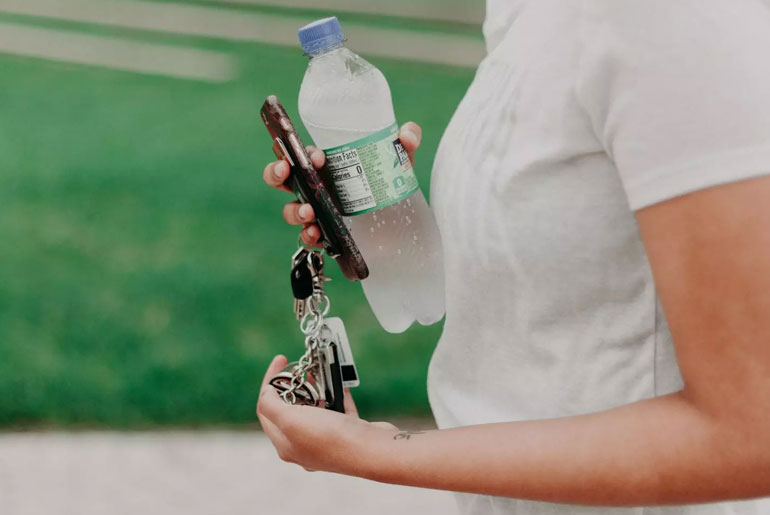As temperatures soar during a heatwave, individuals living with diabetes must be vigilant for symptoms of heatstroke and fluctuations in blood sugar levels. The intense summer weather can exacerbate the challenges faced by those with diabetes, as they may experience increased dehydration from frequent urination and difficulty regulating body temperature. Moreover, extreme heat can impact insulin sensitivity, necessitating closer monitoring of blood sugar levels and potential adjustments to insulin dosage or medication. To safeguard health during hot weather, individuals with diabetes should stay hydrated, avoid prolonged exposure to high temperatures, monitor blood sugar levels regularly, and seek medical attention if symptoms of heat-related illness or uncontrolled diabetes arise.
Indeed, diabetes can compromise the body’s ability to sweat effectively, hindering the natural cooling process and increasing the risk of heat-related illnesses. When combined with high humidity, this effect can be particularly detrimental to individuals with diabetes. Furthermore, certain medications prescribed to manage diabetes can alter how the body responds to heat or heighten the risk of dehydration, further exacerbating the challenges posed by hot weather.
Heatwaves can present significant challenges for individuals with diabetes, potentially leading to dehydration and exacerbating the risk of complications. As regions like Mumbai, Pune, Bengaluru, and other parts of the country experience intense heatwaves, it’s crucial for people with diabetes to be vigilant for symptoms of heatstroke and uncontrolled blood sugar levels.
Managing blood sugar levels during a heatwave is crucial for individuals with diabetes to avoid complications like dehydration and fluctuations in blood glucose levels. Here’s a detailed summary of tips to help navigate through a heatwave safely:
- Monitor hydration levels: Pay attention to your body’s hydration status by observing the color of your urine (pale yellow indicates adequate hydration) and monitoring your thirst levels. Aim to drink more fluids than usual during heatwaves to prevent dehydration.
- Drink plenty of water: Water is essential in hot weather to stay hydrated. Aim to consume 8-10 glasses of water per day and increase intake if you’re sweating more due to high temperatures or physical activity.
- Avoid dehydrating beverages: Stay away from beverages that can contribute to dehydration, such as caffeinated drinks like coffee, tea, and energy drinks, as well as alcoholic beverages and sugary soft drinks.
- Eat hydrating foods: Incorporate water-rich fruits and vegetables into your diet, such as cucumbers, watermelon, oranges, and tomatoes. These foods not only provide hydration but also essential nutrients.
- Stay cool: Seek out cooler environments during the hottest parts of the day. Use air conditioning or fans to help regulate your body temperature and avoid spending prolonged periods in direct sunlight.
- Protect your skin: Wear lightweight, loose-fitting clothing made of breathable fabrics like cotton to help keep your body cool. Use sunscreen to prevent sunburn, which can further increase fluid loss.
- Monitor blood sugar levels: Heat can affect blood sugar control, so it’s important to regularly check your blood sugar levels. Follow your doctor’s guidance on adjusting medication or insulin doses based on your readings during hot weather.
- Plan outdoor activities wisely: If you need to be outdoors, schedule activities during cooler times of the day, such as early morning or late evening. Take frequent breaks in shaded areas and avoid engaging in strenuous activities during peak heat hours to prevent overheating and dehydration.
By following these preventive measures, individuals with diabetes can safely navigate through heatwaves, reducing the risk of dehydration and maintaining stable blood sugar levels. It’s essential to stay vigilant and prioritize hydration and cooling strategies during periods of extreme heat.
Disclaimer:
The information contained in this article is for educational and informational purposes only and is not intended as a health advice. We would ask you to consult a qualified professional or medical expert to gain additional knowledge before you choose to consume any product or perform any exercise.







